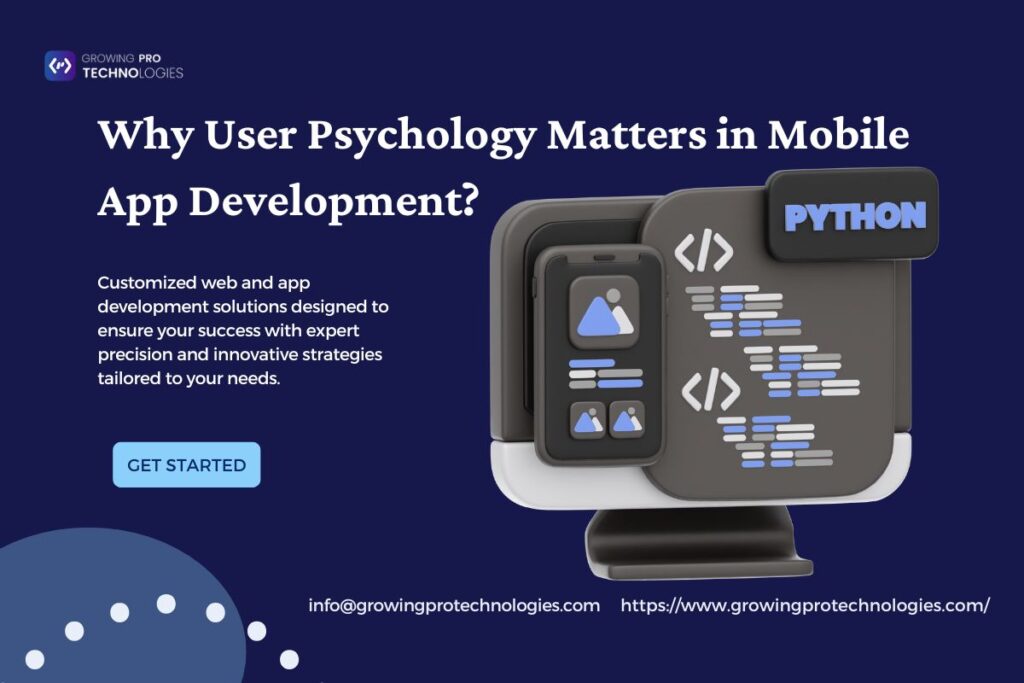Ever downloaded an app, opened it once, and never looked back? You’re not alone. In fact, most people abandon an app within the first week of installation. The reason? The app didn’t “get” them. It didn’t feel right. And that, right there, is where user psychology enters the game — and separates the amateurs from the pros.
As someone who’s worked closely with teams offering professional web development services and cutting-edge mobile apps, I can tell you this: the secret sauce of successful mobile apps isn’t just slick design or fast performance — it’s understanding the human mind.
It’s Not Just Code, It’s Human Behavior
Picture this: two apps do exactly the same thing. One has a cluttered interface, vague navigation, and a jarring color scheme. The other feels intuitive, comforting, even fun. Which one do you keep?
The difference lies in how well the developer understands user psychology. How users think. What they feel. What motivates them? That’s why top-performing apps aren’t built just by coders — they’re crafted by teams that know how to blend psychology, design, and technology.
Why Does User Psychology Make or Break Your App?
1. First Impressions Matter
It takes users just milliseconds to form an opinion about your app. The top mobile app development company in USA knows this. They use psychological cues like spacing, color theory, and visual hierarchy to ensure users feel confident and curious — not confused — from the first tap.
2. Behavioral Flow = Better Engagement
Apps that understand user psychology follow natural mental patterns. Buttons appear where you expect them. Navigation feels fluid, not forced. These aren’t coincidences — they’re intentional decisions based on how our brains prefer to interact with tech.
3. Emotions Drive Retention
Yes, logic is important. But emotions are what keep users coming back. Apps that spark joy, reduce anxiety, or provide a sense of achievement are remembered — and used. Smart developers weave emotional triggers into the experience, often subtly.
4. Cognitive Load is Real
If your app is mentally exhausting, users will quit. Period. Expert teams use minimalist design, guided actions, and focused content to reduce friction. This creates a smoother experience — and a happier user.
The Winning Formula
When a mobile app development team understands psychology, every element of your app — from colors and buttons to onboarding and notifications — serves a deeper purpose. They’re not guessing. They’re strategizing.
That’s why working with a top mobile app development company in USA isn’t just about clean code or flashy features. It’s about tapping into a deep understanding of how users behave and feel.
And if you’re building or revamping an app, don’t ignore the importance of professional web development services either. Your website and app must work together, creating a cohesive user journey across platforms.
Final Thoughts
Technology evolves, but human behavior? That stays constant. Apps that resonate deeply with users don’t just solve problems — they understand people.
So if you want to build something users truly connect with, start with psychology — and partner with the pros who already get it.
Need help building that kind of app? You know where to look.

